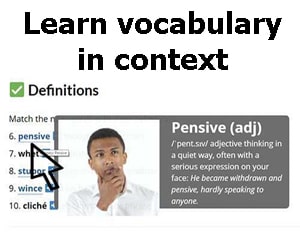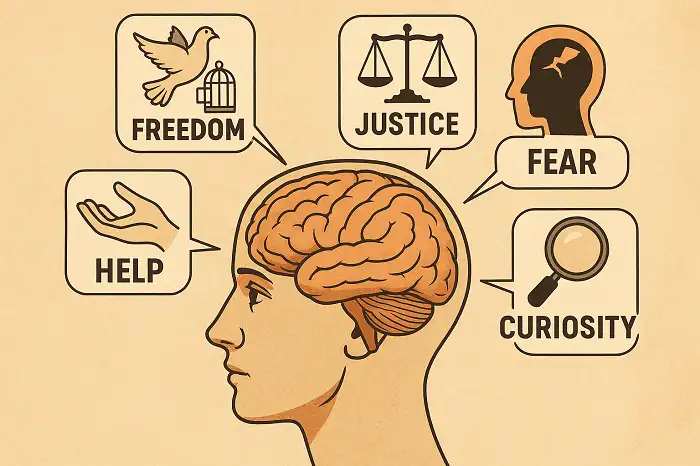English Vocabulary in Context English Vocabulary in Context The Outline of This Lesson on English Vocabulary in Context Context 1 Many people readily admit that they are hypochondriacs. For example, Travis once thought he had a flesh-eating virus when he found a mysterious red spot on his arm, and Kevin needs only sneeze and he is convinced it's pneumonia. Context 2 Katie often feels enervated by the Florida heat in August. She's too tired to move! Context 3 Amber's writing professor taught her it is acceptable to use colloquial words when writing e-mails and texts; on the other hand, when ...
Home » English Vocabulary in Context » English Vocabulary in Context

English Vocabulary in Context
Updated: by Dr. Mohammad Hossein Hariri Asl
Time to Read: 2 minutes | 331 Views | 15 Comments on English Vocabulary in Context
Share This Post
About the Author
Dr. Mohammad Hossein Hariri Asl is an English and Persian instructor, educator, researcher, inventor, published author, blogger, SEO expert, website developer, entrepreneur, and the creator of LELB Society. He's got a PhD in TEFL (Teaching English as a Foreign Language).
Number of Posts: 4242



5. Who is a mortician?
“mort” related to “death”
Mortician: funeral director, undertaker
That’s right, Maryam. Thank you.
4. What are some signals indicating that you should search for an antonym in the context?
Notice to antonym clue words like “but, yet, however, on the other hand, in contrast”
You’re right. Cohesive marks and conjunctions can give us vivid clues.
3. Enumerate all the techniques for improving vocabulary in context as stated by the teacher.
1. Pay attention to example clue words like “for example, for instance, including, such as”
2. A synonym context clue: word of similar meaning
3. An antonym context clue: notice to antonym clue words like “but, yet, however, on the other hand, in contrast”
4. Use the general sense of the passage by choosing the word that seems most logical.
5. By prefixes, suffixes and roots of words
That’s precisely correct. Such an inclusive and comprehensive comment! Thank you so much.
2. How can you practice improving your vocabulary in context?
We can notice some context clues in sentences to figure out the general meaning of the passage for example synonym, antonym, examples and general sense of passage.
Yeah. This is a perfect example of active reading, scanning, skimming, and making inferences.
1. When is it not a good idea to refer to your dictionary according to the teacher in the video?
When you reading a complicated passage, it is very time-consuming to refer a dictionary for finding the meaning of an unknown word due to stop the reading for that. Also, it has a negative impact on your comprehension and follows fluently in figure out the general meaning of the passage.
* When you read
* refer to a dictionary